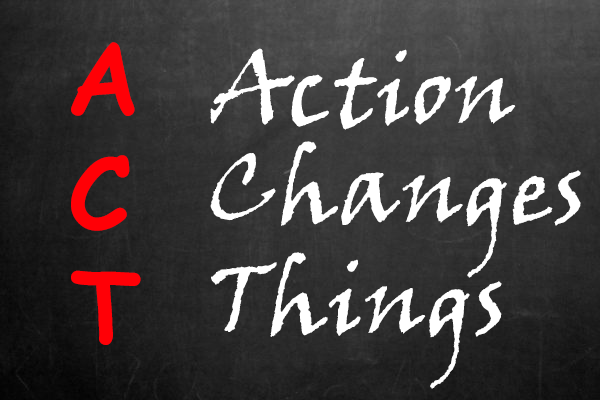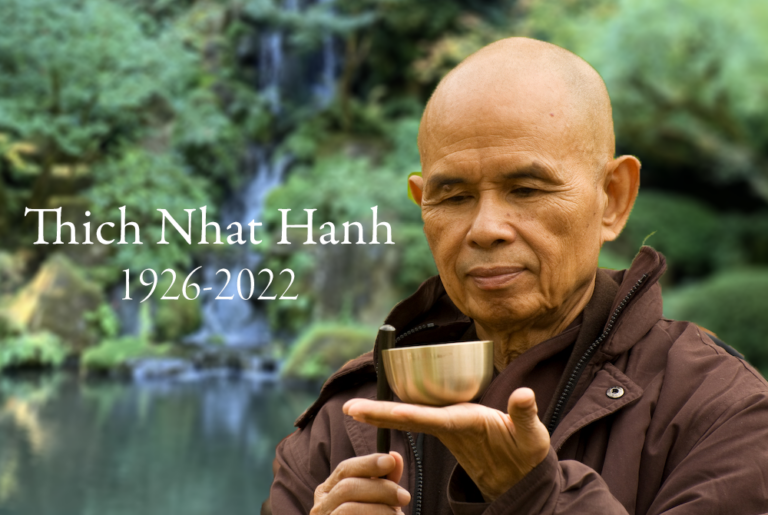
What does it take to go Pro? What is the mindset? What are the steps necessary to gain both the skillset and the ability to be considered top in your field or whatever you choose to pursue?
A professional is someone who is engaged or qualified in a profession. A person engaged in a specified activity, especially a sport or branch of the performing arts, as a main paid occupation rather than as a pastime.
But how does one get to that place of becoming a Pro?
It’s through incorporating another similar and equally important word, PRO-active. When someone is proactive they are taking charge of what they want their outcome to be. Being proactive means designing the outcome they desire. It means seeing how their future should play out.
These days, many people live a reactive life. They find themselves either in survival mode or reacting to the requests, needs, and desires of others; work, bills, obligations, and in general, the life around them, requiring that they react in order to fit in and have a place of value, meaning, or worth.
Pro athletes, performers, and other occupations that require someone to be the best in their field takes a certain mindset, drive, and fortitude to stay the course when others aren’t able to maintain that same level of commitment and dedication.
It’s very similar to being proactive. When one is proactive, they take charge of the direction of their pursuits. They envision where they want to go, what that journey will look like, and how the outcome will feel when they get there. In other words, they already see themselves as having achieved their desired objective.
Top athletes and Olympic performers are taught to do this as part of their training. They envision how they will perform over and over again until it is so ingrained into their mindset that they already see themselves succeeding before an event has even begun.

When one is proactive in their own life, he sets the tone for the outcome he desires, determining their course of action, designing the way things will play out. It’s not about being in charge, it’s about creating a world of their choosing; the one they want to live in.
Think about how each and every day plays out in your life. Most of the time you are in reactive mode, reacting to calls, emails, texts, bills, traffic, lines you have to wait in… everything in life is set up for you to react to. This frustrates us even more because we know that we are both capable and able to design the way we want things to go, yet something always seems to get in the way and derails us.
But the truth is that we let these things derail us. We give them more importance than our own wants and desires.
I personally know this to be true when I was admitted to the hospital for a torn mitral valve. Blood had leaked into my lungs and was slowly choking me to death. On top of that, during surgery, they administered an anti-coagulant that caused an allergic reaction so severe, that I almost died a second time.
During my three-plus months of convalescence and recovery in a hospital bed, everything else in my life was put on permanent hold; bills, work, calls, end of the year taxes that were due, the book that I had been writing, my research… everything that was once important was not being addressed or attended to.
What happened was a revelation, a new insight, and a new frame of reference for how to live life. I discovered that the world hadn’t ended. Suddenly, I was free. I had a whole new outlook on life, and the first epiphany was that life didn’t need to be lived reactively.
And I began to live my life with a completely new approach. From that point on I was going to live my life proactively, meaning I was going to determine the outcome and no longer react to the needs of everything outside of myself.
The key, as Thich Nhat Hanh teaches, is to live now, not later. The goal of living is to be present, and the success of living is to pay attention and to appreciate everything around me. But the secret to living an amazing life is not to wait until everything is perfect, not to live for the benefit of everything and everyone else, but instead to pave the road with my dreams, desires, adventure, wonderment, and connection. To make life meaningful now, not ten years from now.

The Zen of the Proactive
Once I got out of the hospital, everything changed. It took almost a year to recover. I lost part of my thumb, my adrenal glands had permanently failed, and for a while, I needed to learn how to speak again because my vocal cords had been damaged.
But during this recovery period, where I had to learn how to build my strength, live with less energy, and learn how to talk again and do things without the use of a thumb, I knew that I wanted to stop living reactively and start designing my future from here on out.
Since I was researching Disruptors anyway, I began to really pay attention to how they viewed and lived their own lives, and how they created the amazing disruptions that influence and change the direction of all our lives.
Consciously or unconsciously, Disruptors pursue their ideas proactively, meaning they envision, design, and create the opportunities that allow them to pursue their ideas and dreams.
Think about it this way, reactive is primarily about problem-solving. Proactive is about creating opportunity.
When you are in a reactive state, especially when problem-solving, your focus becomes narrower as you attempt to find the best solution by weeding out everything that isn’t relevant or doesn’t pertain to solving that problem. This requires a convergent, rational mindset of logical analysis and cognitive thinking.
Whereas when you’re in a proactive state you see many avenues of possibility by using a divergent framework for exploration, philosophical pondering, creative experimentation, and you use these abilities to design and try something new.
The only guideline for being proactive is one’s acceptance to possibly fail. It is in the failure that we often discover the right course.
As the old Gretzky adage says, “You miss 100 of the shots you don’t take.”
Failure, therefore, is proactive because you at least attempt to go down the path you’ve designed to see where it leads, while course-correcting along the way.
President Dwight D. Eisenhower once said, “I have always found that plans are useless, but planning is indispensable.”
The Proactive Mindset
1: Envision Where You Want to Be. You can’t get there unless you already know where there is. Or at least your conception of ‘there.’ This swims in the realm of manifesting since it requires one to already see where he is going before starting to design the road to get there. The best manifesters see the end without worrying about the how or the when. But they’ve already framed their mindset to accept the gift that comes to them, and they can see it happening as if it has already occurred. Billionaires are natural at this. They see where they want to be, as if it has already happened, then they build the road to get them there.
2: Wait for a One-Count. When I say one count, I mean one whole day. Modern technology has conditioned us to respond immediately, to texts, phone calls, emails, and social media. However, when we do this it’s typically because we are responding to someone else’s request or need of us. Before smart devices came along, people got by just fine in their personal lives and even at work, not responding immediately to everything requested of them. I realize you might not be able to wait an entire day to respond to some things at work, and some may be afraid to miss out on an important or urgent email, text, or call. But the percentage of that happening with dire consequences is so infinitesimally small, that you just end up stressing over nothing most of the time. I have a rule of not taking my cell phone when doing errands or having coffee with friends. I figured this out after three months of not having (or needing) a cell phone when I was in the hospital. It will take you a little practice. I suggest starting with a couple hours of distancing yourself, then keep adding more and more time to your separation. I promise the world won’t end.
3: Be Present. Thich Nhat Hanh suggests that peace, happiness, calm, and connection can all be found in being present. In a reactive state, you are no longer present because a) Your state of mind has gone from observing, enjoying, and taking in everything around you, to a mindset of stress, worry, and the doubt of failure. And b) Your mind shifts to problem-solving something in the near future, thereby taking you away from being fully present. The importance of being present is to help your mind to declutter, to expand in new areas of thought and creativity, and to allow yourself to re-energize mentally, physically, and spiritually.
4: Become a Painter. Sitting in front of a canvas, it is impossible to react. In this state, you are nothing but proactive. One reason is that you are present, as stated above, second, your creative mind is in a state of discovery and experimentation, and three, being focused on the canvas shuts out almost everything else. When I was an advertising copywriter, and a client had given us a new project, my boss told us to ‘get lost,’ meaning, not solve the problem immediately, but instead letting our minds wander, ruminate, and explore. We did this by going to the movies in the afternoon, or taking a drive, or a walk in nature. Anything that would reframe our thoughts from problem-solving to instead just observing and seeing where our creative mind goes. It’s kind of like dreaming, your mind is the driver that can take you on a wild, non-linear journey. In the end, we came up with some pretty interesting ideas and concepts.
James Clear, author of Atomic Habits has a fun little thought experiment that I’ve modified slightly:
What would you pursue if you wanted the most money?
What would you pursue if you wanted to make the biggest impact?
What would you pursue if you wanted to have the most fun?
Which method offers the best outcome for all three – being proactive or being reactive?
Being proactive is not about being controlling or demonstrative. Instead, it’s about steering the direction of your life. In sailing, you aren’t reacting to the wind, you are proactively chasing it in order to fill your sails. You steer the rudder. You tighten or loosen the mainsail in order to increase speed. You determine your direction.